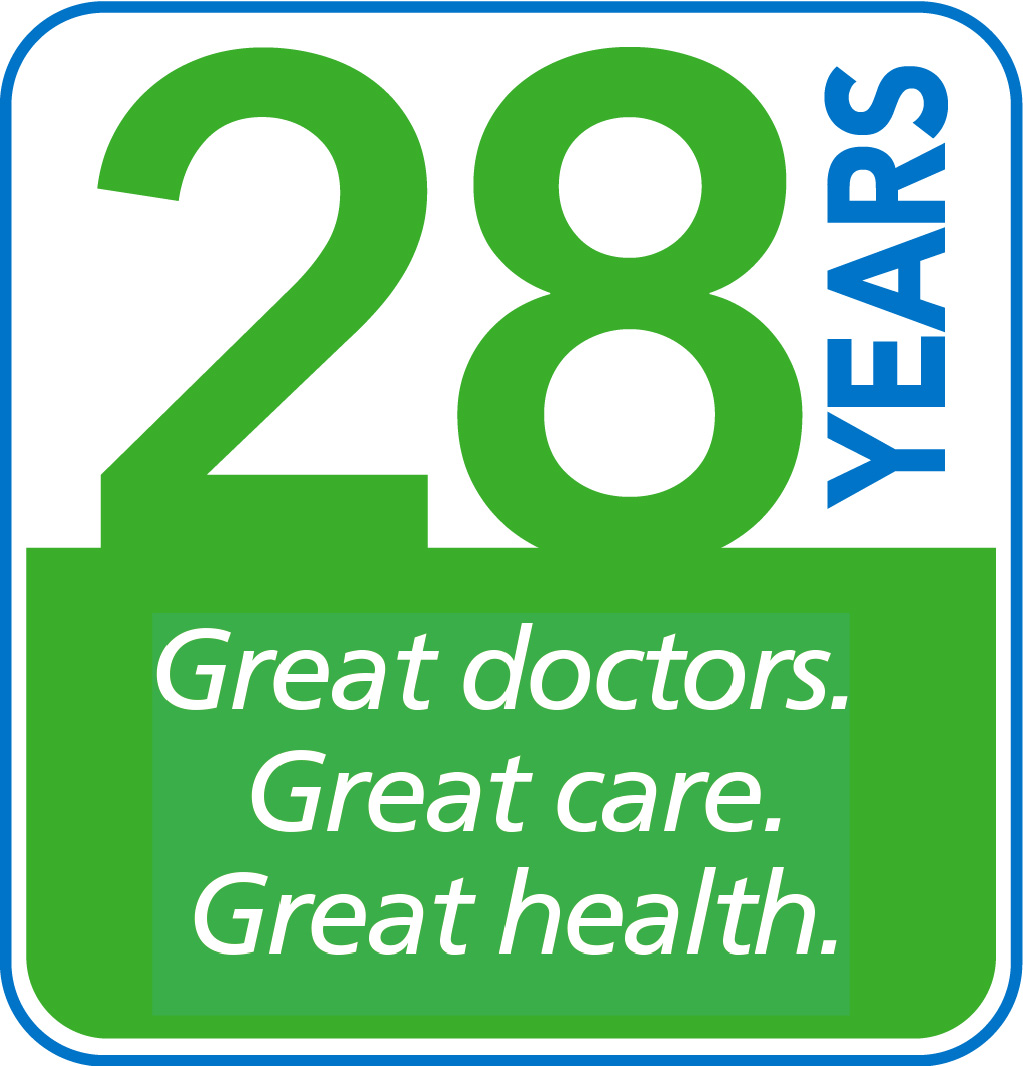ADD in Adults
by Janice Rutkowski, M.D.
 ADD & ADHD* are similar disorders that often first present in childhood, but can extend into adulthood as well. It is estimated that a full third of children with ADD will continue to be affected later in life. Since this disorder was not well understood in the past, many individuals were un-diagnosed. But the onset of the internet and better understanding of disordered human behavior, have helped many patients realize they may have a problem.
ADD & ADHD* are similar disorders that often first present in childhood, but can extend into adulthood as well. It is estimated that a full third of children with ADD will continue to be affected later in life. Since this disorder was not well understood in the past, many individuals were un-diagnosed. But the onset of the internet and better understanding of disordered human behavior, have helped many patients realize they may have a problem.
Most adults with ADD find they have difficulty with organization and planning, are easily distracted, feel a sense of restlessness or anxiety, and lack ability to resist impulses to stray from a task or project. Unfortunately, this inability to stay on task can lead to problems at school, in the workplace, and in personal relationships. Serious consequences such as divorce, job loss and substance abuse can be more common for those with ADD/ADHD.
However, there are several treatment options to help! The first step is talking with your doctor. While there is no one test to diagnose the condition, detailed information from the patient and sometimes family members can be very useful. A physical, including blood work and an EKG, should be done to ensure there are no other health issues causing the symptoms.
Treatment is usually very effective with a combination of diet, behavioral therapy and stimulant drugs, such as Adderall or Ritalin. There are many newer medications as well and your doctor will work with you to find the most effective. Some drugs come in extended-release form so you do not have to take multiple doses during the day, and some non-stimulant drugs are also available. Side effects may include sleeplessness, loss of appetite, mood changes or heart rhythm abnormalities. But most patients tolerate the therapy quite well and are amazed at the difference in their work and home life.
So, please talk with your doctor if you are concerned you might have ADD or ADHD- or the symptoms- so you can work together to treat it effectively.
*ADD stands for Attention Deficit Disorder. ADHD is Attention Deficit Hyperactivity Disorder.
 Dr. Rutkowski is a Maryland Primary Care Physicians, LLC partner and is certified by the American Board of Internal Medicine. She received her medical degree from the University of Limoges in 1981 and completed her residency program in Internal Medicine at Maryland General Hospital in 1984.
Dr. Rutkowski is a Maryland Primary Care Physicians, LLC partner and is certified by the American Board of Internal Medicine. She received her medical degree from the University of Limoges in 1981 and completed her residency program in Internal Medicine at Maryland General Hospital in 1984.Recommended Posts
Dementia Prevention: It’s Never Too Early (or Too Late) to Start
By Sadaf Rahman, MD
Hypertension: Making Some Noise About the ‘Silent Killer’
By Pio Poblete, M.D.
Is Zika coming to Maryland?
By Jerry Levine, M.D., FACP



